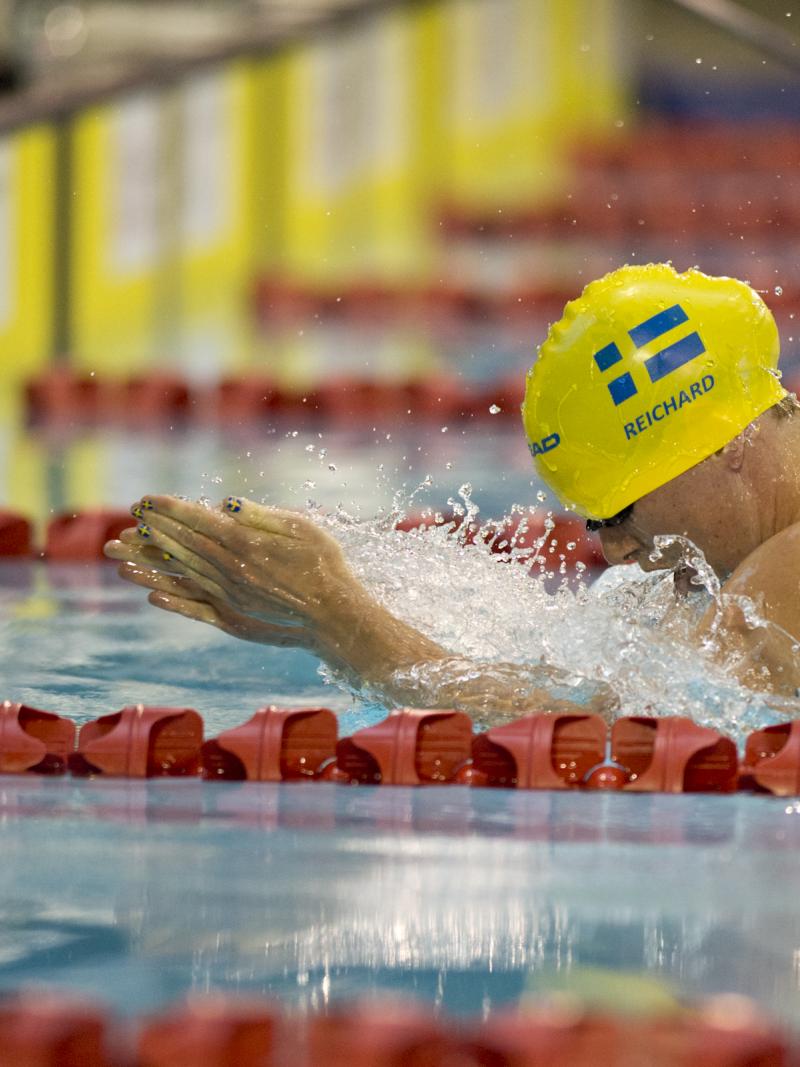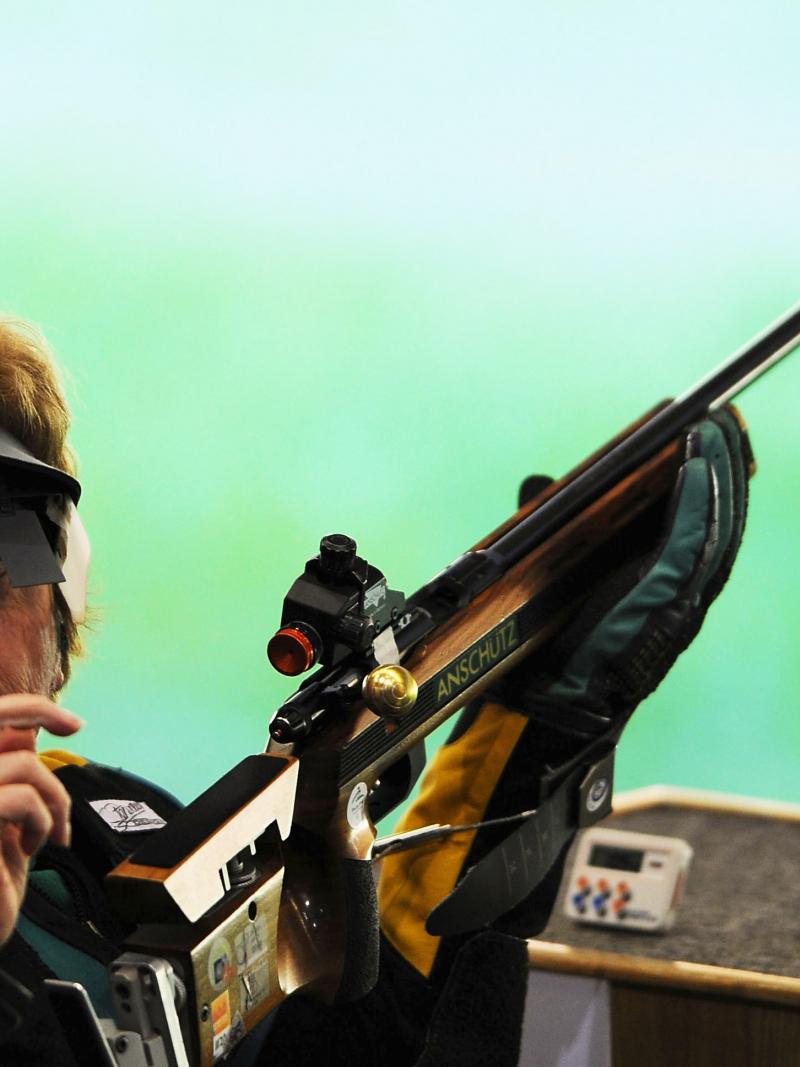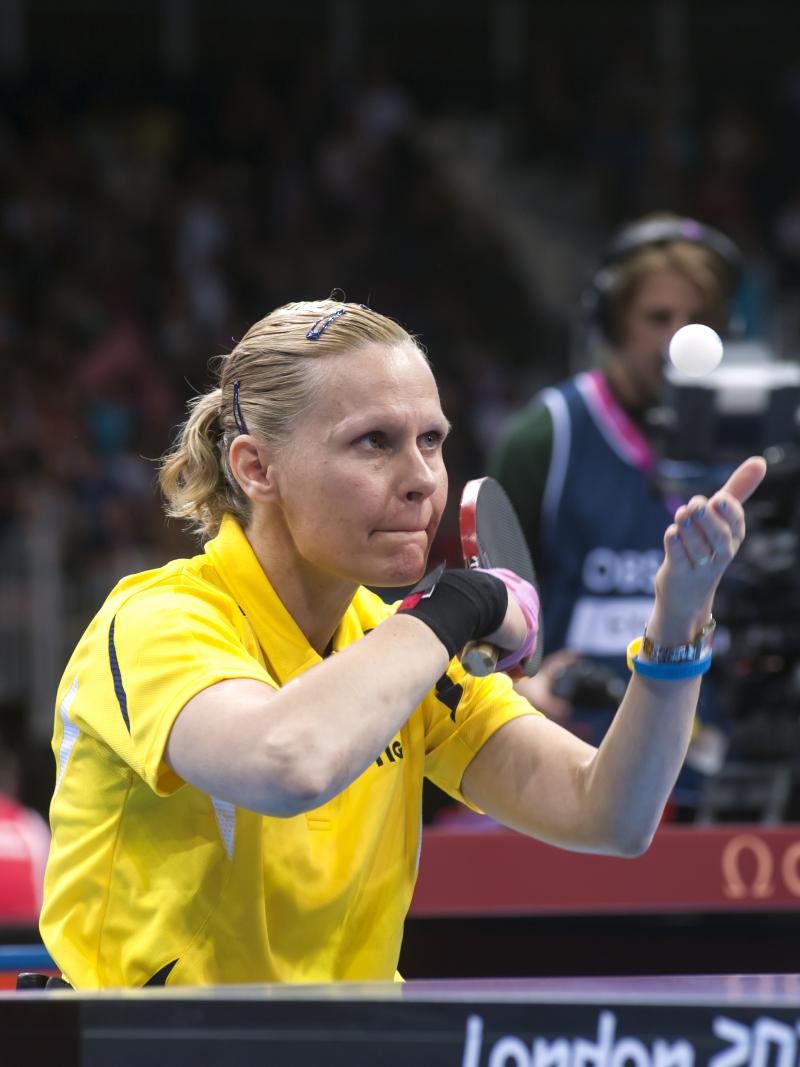NPC Sweden, KONE call for accessible facilities
Based on research findings, the two partners say more can be done to help people with impairments practice sports. 19 Jul 2016
The National Paralympic Committee (NPC) of Sweden is teaming up with elevator and escalator manufacturer KONE to tackle issues of accessibility in the country, particularly in sports facilities.
There have been many shortcomings in accessibility at Swedish sports facilities, and a new survey showed that 60 per cent of respondents are not planning changes in the future. According a survey conducted by TNS Sifo, many facilities lack safe guidelines on how to work with accessibility issues.
Almost all sports facilities in Sweden indicate to have some sort of accessibility, but NPC Sweden and KONE believe more adjustments are needed. Only one of the three gymnasiums said they have made adjustments, such as wider lift cars to accommodate wheelchair users. One in five said they have a platform lift from the ground to the main floor to get into the building.
“The survey confirms our view of the situation,” said Johan Strid, Secretary General of NPC Sweden. “We want everyone to be able to participate in physical activities and for there to never be barriers to get in and around sports facilities. Sweden has come a long way toward increasing accessibility, but it is far from enough.”
Examples include lacking simple measures such as rails, Braille and automatic door openers, which are relatively simple steps and are prerequisites for people with impairments to practice sports in facilities.
Call for action from politicians, public
In addition to accessibility in sports facilities, discussions have been occurring regarding housing policy and regulations. One of the three of the polled sports halls are not working with any kind of accessibility plan and none were following the municipality's guidelines.
“We hope that more municipalities and property owners will actively work to identify and address obstacles. We want to get more people to understand the importance of accessibility not only in sports facilities but also housing in general,” said Jaakko Kaivonen, President of KONE Sweden.
In parallel with the telephone interviews, the public was asked about how important they thought accessibility in sport is; 77 per cent think that the availability of sports is very important. Meanwhile, the pressure from the public for accessibility in sports halls is low. Three out of 10 gymnasiums say they never received comments from the public about accessibility, and more than half say they received only one comment per year.
“Social pressure is of course extremely important for these issues. This is not an issue only for a minority. The opportunity for all citizens to have an active life goes hand-in-hand with a number of positive economic effects,” Strid said.
Fast facts from the survey:
Most frequent adjustments made to sport venues
96 per cent have accessible toilets
83 per cent have accessible parking spaces
Least common customisations to sport venues
20 per cent have a platform lift from ground floor
25 per cent have Braille and an audio message at the elevator
Policy documents and web information used by sport venues
28 per cent of work to make venues accessible is not based on any guiding documents for accessibility and customisation
65 per cent have developed their own guidelines or are working from the municipality's recommendation
58 per cent offer no information on the web about how accessible their premises are
Importance of accessibility in sports
More women than men think that accessibility in sports venues is important
More young people than the elderly think accessibility in sports venues is important
85 per cent of residents in southern Sweden think the availability of the sports hall is very important. The corresponding figure in the East Central Sweden and the Stockholm area is 72 per cent.







